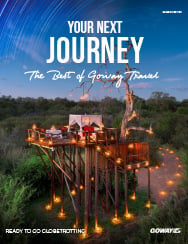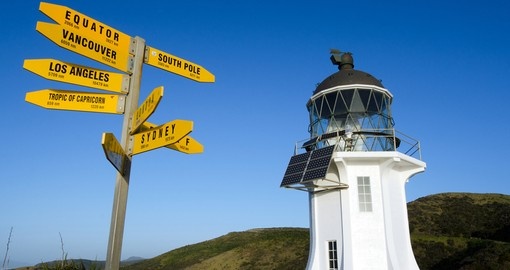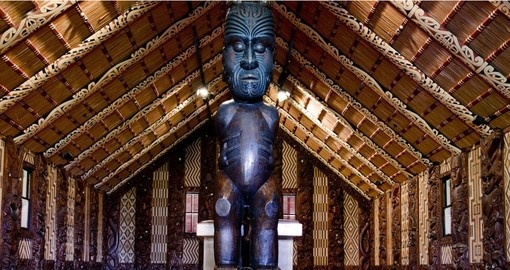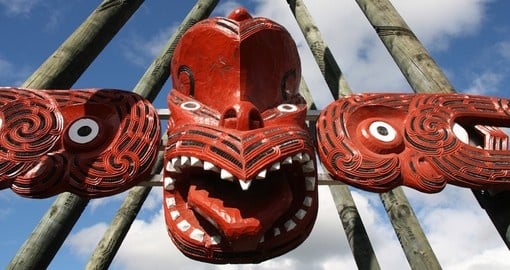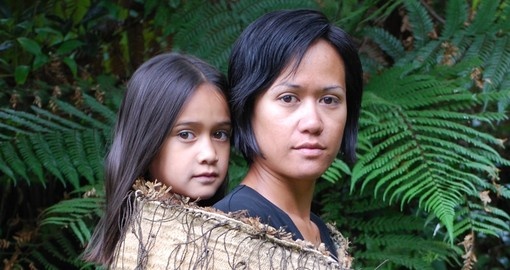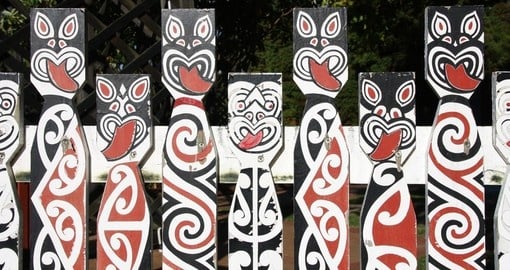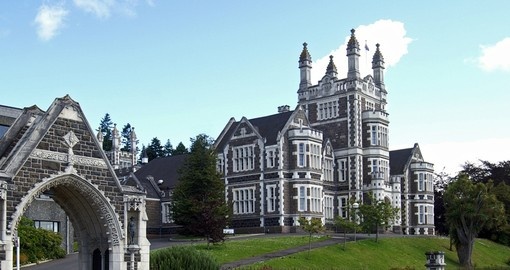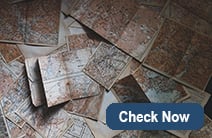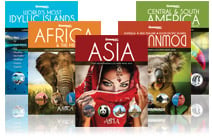New Zealand History
Navigating by the ocean currents, wind, and stars, the first people to reach New Zealand arrived in the 13th century from East Polynesia. They became hunters and gatherers as well as farmers and lived reasonably well until they came into contact with Europeans. Despite living in separate tribes, their descendants became collectively known as the Maori.
The first Europeans arrived in 1642 led by Dutchman Abel Tasman. Tasman set about charting and mapping the new land. New Zealand went relatively untouched by Europeans for another 127 years after Tasman’s crew arrived. The next batch of explorers to visit were from Britain and led by James Cook. Beginning in 1769, Cook made a total of three voyages to New Zealand and brought extensive knowledge of the country back to Britain.
Late in the 18th century, whalers and sealers began to settle, encouraging trade. New Zealand became part of a Pacific-wide trade system with goods being sold as far as China. Trading stimulated interactions between Maoris and Europeans, allowing Maoris to acquire firearms, and establishing a new form of tribal warfare in which tribes with firearms could easily raid and kill those without. The warfare became serious in the 1830s, a time known as the Musket Wars.
In order to curb French interest in New Zealand, as well as hoping to curb the lawlessness that was occurring, in 1840, Britain sent Lieutenant-Governor William Hobson to ensure British sovereignty over New Zealand. The result of his efforts was the Treaty of Waitangi. The treaty meant that Maoris ceded government power to Britain and in return would receive the same rights as British settlers. Some 500 chiefs signed the treaty and it marked a concerted effort by both Britain and Maoris to establish a form of government in New Zealand. New Zealand later became a self-governing colony in 1853.
The 1850s saw the beginnings of a land war as Maoris became reluctant to sell their land to British settlers. This was seen as a direct threat to British sovereignty and war broke out in the 1860s between Maoris and British settlers. The land wars finished in 1872, however, Maoris retreated from contact with settlers, choosing to live in remote areas.
The 1870s encouraged much immigration from Britain and towns began to spring up and expand, while 1890 saw the first modern political party in New Zealand (Liberals) take power. In 1893, New Zealand became the first country in the world to extend the vote to women.
In 1907, New Zealand changed from being a British colony to a separate dominion. Despite this change, New Zealand remained loyal to Britain and contributed immensely to both the First and Second World Wars. The campaign at Gallipoli during WWI established pride in the country’s military campaign and began a special relationship with Australia that is celebrated annually with ANZAC Day (Australian and New Zealand Army Corps).
Post-World War II saw New Zealand move toward becoming an officially bicultural country. In the 1970s, questions about the treatment of Maoris became a national concern. As a result of this, a new Maori renaissance began with people taking steps to revive the culture. Biculturalism began to grow into multiculturalism as more people from various countries started to migrate to New Zealand. New Zealand is now part of the world stage and is a popular tourist destination with many people coming to visit the Middle Earth of Peter Jackson’s “The Lord of the Rings" trilogy.
New Zealand Travel Information
At Goway we believe that a well-informed traveller is a safer traveller. With this in mind, we have compiled an easy-to-navigate travel information section dedicated to New Zealand.
Learn about the history and culture of New Zealand, the must-try food and drink, and what to pack in your suitcase. Read about New Zealand's nature and wildlife, weather, and geography, along with 'Country Quickfacts' compiled by our travel experts. Our globetrotting tips, as well as our visa and health information, will help ensure you're properly prepared for a safe and enjoyable trip. The only way you could possibly learn more is by embarking on your journey and discovering New Zealand for yourself. Start exploring...book one of our New Zealand tours today!
Extend Your Stay
Consider an additional stopover to your New Zealand vacation at one of Goway's South Pacific destinations. You can choose from our selection of Australian vacations, Tahiti vacation packages or stay at one of our Fiji resorts or perhaps take a Cook Island vacation. This can be done by stopping over en route to or from New Zealand.
Book your New Zealand tour with Goway!
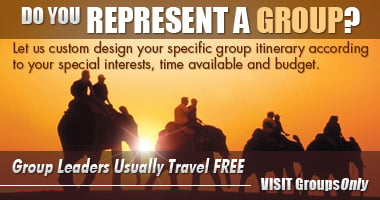 With more than 150 New Zealand tours and experiences, Goway’s Downunder wizards can offer you many ways to explore and enjoy New Zealand. Choose from a simple city stopover, see the country highlights on one of our classic itineraries, a self-drive holiday, a Holiday of a Lifetime, and more. We want to be your first choice when next you go globetrotting to New Zealand.
With more than 150 New Zealand tours and experiences, Goway’s Downunder wizards can offer you many ways to explore and enjoy New Zealand. Choose from a simple city stopover, see the country highlights on one of our classic itineraries, a self-drive holiday, a Holiday of a Lifetime, and more. We want to be your first choice when next you go globetrotting to New Zealand.
Get a Trip Quote Order a Brochure
